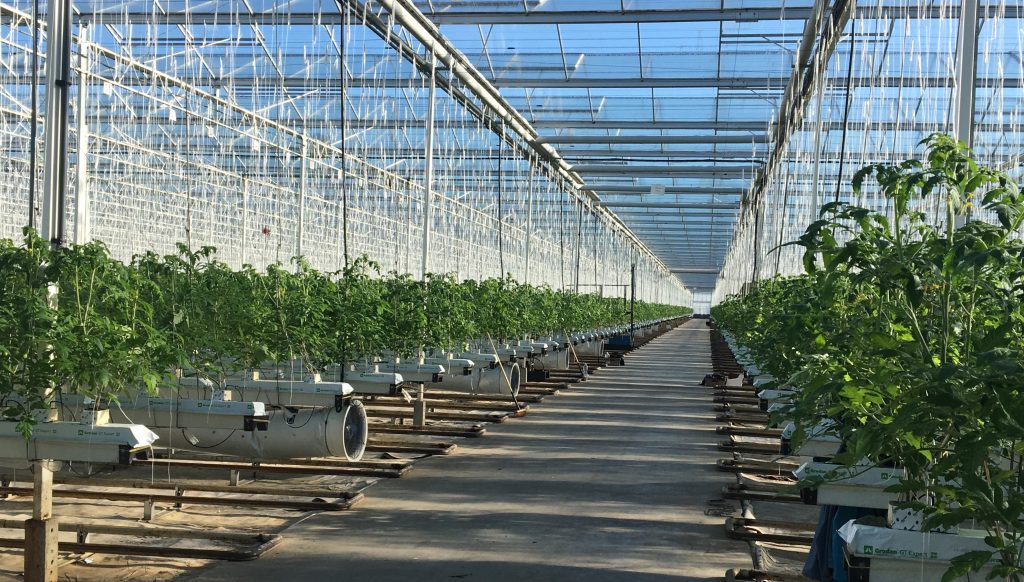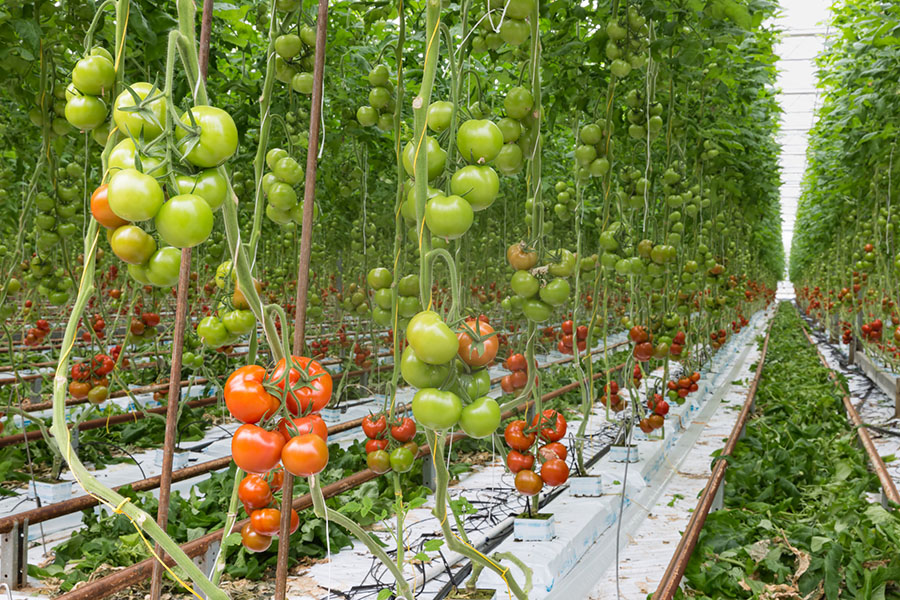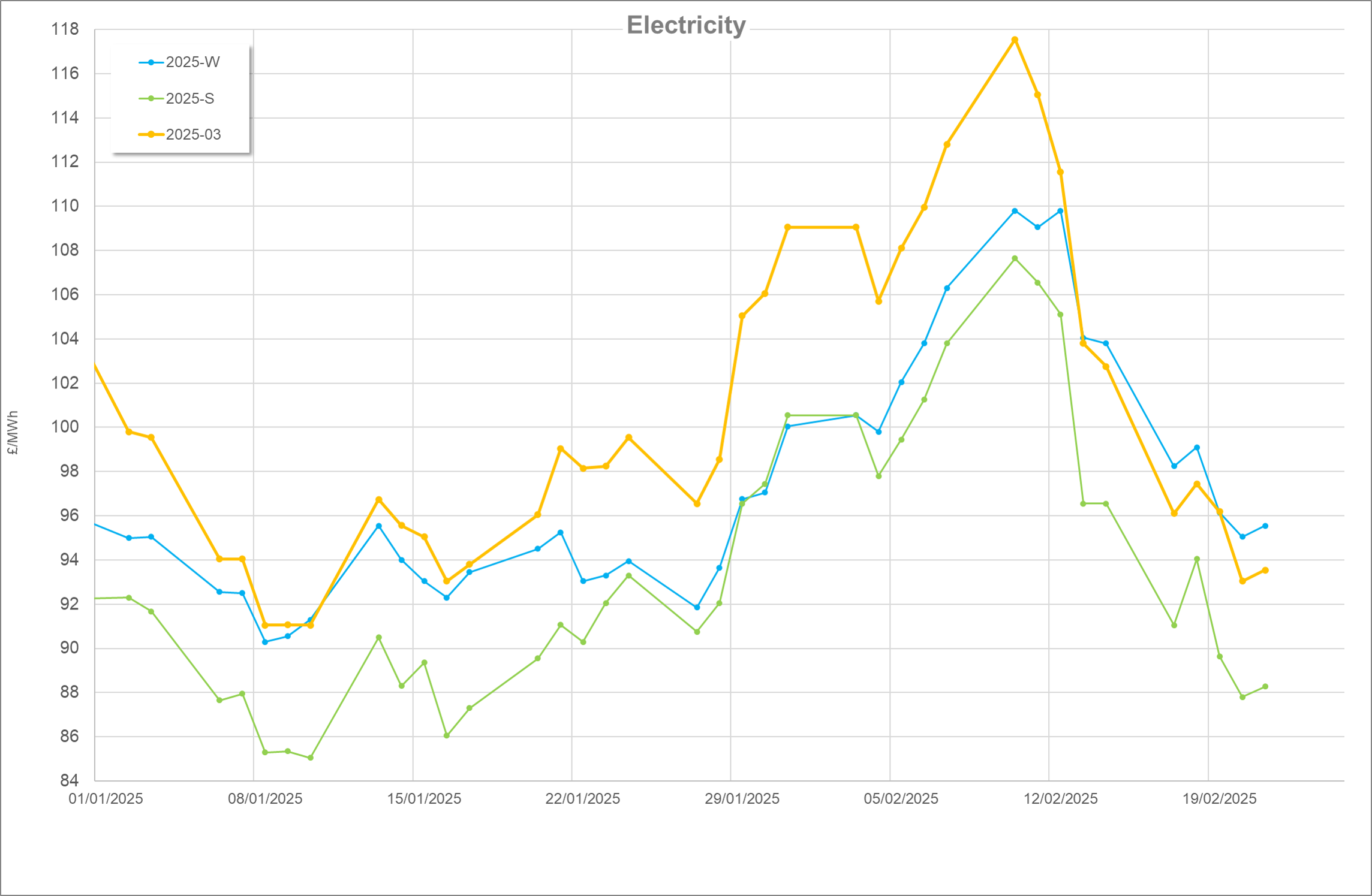The UK Government has officially responded to the recent Climate Change Agreement (CCA) scheme consultation, which ran from November 2023 to February 2024. The consultation explored proposed changes and the scheme’s potential extension, which has now been confirmed for an additional six years. This is welcome news for the horticulture industry, a sector where energy efficiency is both a challenge and an opportunity. The CCA scheme’s extension promises continued support in helping horticultural businesses reduce carbon emissions, maintain competitiveness, and adopt sustainable practices.

Here are the key takeaways from the consultation and what they mean for horticulture:
1. Extension of the CCA Scheme
The CCA scheme, active since 2001, has been extended to March 2033. This six-year extension allows horticultural businesses to continue benefiting from Climate Change Levy (CCL) tax discounts. For energy-intensive horticulture operations like heated greenhouses and cold storage facilities, these tax breaks offer essential financial relief. The incentives, which could amount to £310 million annually across all sectors, help growers remain competitive while meeting energy reduction targets.
2. New Target Periods and Baseline Year
Current targets under the CCA scheme will end in December 2024, with reduced CCL rates continuing until March 2027. New energy reduction targets will be introduced, with the first target period of the extended scheme beginning in January 2026. The Government has selected 2022 as the baseline year for energy reporting, a decision that has sparked debate. Many, including NFU Energy, have raised concerns about this choice due to disruptions experienced during 2020-2023, which may not reflect typical energy use in horticulture. This baseline year may require further review to ensure fair and realistic targets for growers.
3. Addressing Administrative Challenges
While the extension is a positive development, the horticulture sector has highlighted concerns about the potential increase in administrative burdens. Smaller businesses, which make up a large part of the industry, could face challenges in meeting additional paperwork and compliance requirements. This could risk reducing the overall benefits of the scheme. Simplifying administrative processes will be crucial to ensuring horticultural businesses can continue to benefit from CCAs without excessive costs.
4. Easier Access for New Participants
A key outcome of the consultation is the decision to simplify entry requirements for new participants. This change is particularly beneficial for small-to-medium-sized horticultural businesses that may not have previously engaged with the scheme. Easier access to the CCA scheme means more growers can benefit from energy efficiency support and tax relief, ultimately improving sustainability across the industry.
5. Feasibility of Energy Reduction Targets
Meeting new energy reduction targets poses unique challenges for the horticulture sector. The industry is heavily influenced by factors like seasonal variability, weather patterns, and market demand, making energy use unpredictable. Growers have raised concerns that rigid targets may not account for these realities. For the CCA scheme to succeed, it’s essential to develop flexible, sector-specific targets that reflect the challenges faced by horticulture.
6. Preparing for Phase 3 of the CCA Scheme
As the industry looks ahead to Phase 3 of the CCA scheme, starting in 2026, growers are preparing for the final reporting period of the current phase. NFU Energy and other industry bodies will play a vital role in supporting horticultural businesses through this transition, offering guidance on achieving targets and making the most of available tax relief. Collaboration between growers, industry groups, and the Government will be key to overcoming challenges and harnessing the benefits of the extended scheme.
The Road to Net Zero
The extension of the CCA scheme represents both opportunities and challenges for the horticulture industry. While significant tax relief offers a pathway to financial sustainability, concerns about administrative complexity and ambitious targets remain. However, with continued support and collaboration, the CCA scheme can help horticultural businesses play a crucial role in driving the UK toward its Net Zero goals.
Growers are encouraged to stay informed, engage with NFU Energy, and explore how the CCA scheme can support their energy efficiency ambitions.






